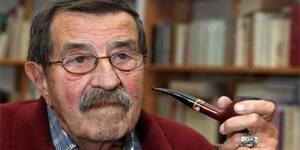Bobbi Kristina Brown was an American reality television and media personality, singer, and heiress. She was the daughter of singers Bobby Brown and Whitney Houston, and her parents' fame kept Bobbi Kristina in the public eye, including her appearances on the reality show Being Bobby Brown. Brown was 14 when her parents divorced and Houston gained custody. When Houston died in February 2012, Brown was named as the sole beneficiary of her mother's estate.
On January 31, 2015, Gordon and a friend found Brown face down in a bathtub in her Georgia home. Gordon began CPR until emergency medical services personnel arrived. According to a police spokeswoman, Brown was alive and breathing after being transported to North Fulton Hospital in Roswell, Georgia. She further stated they found no evidence to indicate the incident was caused by drugs or alcohol. Doctors placed Brown in a medically induced coma after determining her brain function was "significantly diminished", and her family was told any meaningful recovery would be "a miracle.
After six months in a medically induced coma, Bobbi Kristina Brown passed away on July 26, 2015 surrounded by her family at Peachtree Christian Hospice in Duluth, Georgia. The death of Brown is another tragic turn for her famously troubled family. Three years ago, Whitney Houston died at the age of 48, after being found submerged in a bathtub at the Beverly Hilton Hotel in Beverly Hills, California. The cause of Houston's death was accidental drowning with the contributing factors of heart disease and cocaine found in her system.




